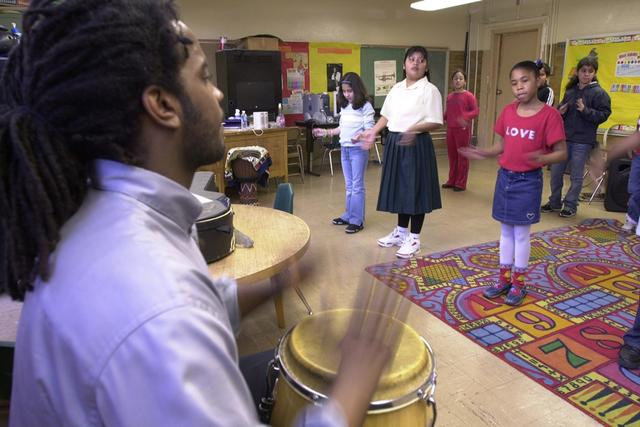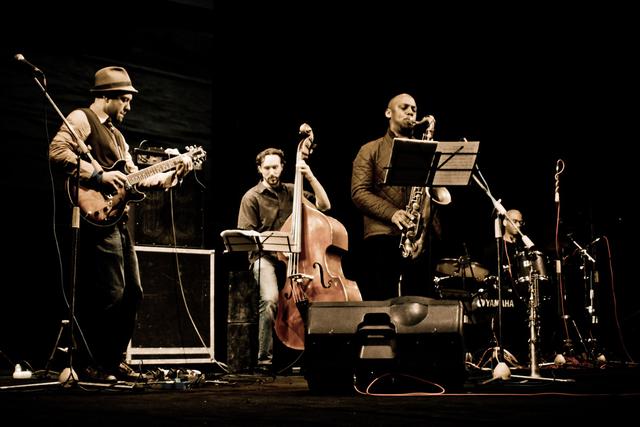Music

Overview
By simple definition music is the blending of sounds—instrumental and/or voice—in an orderly sequence to create a composition that is pleasing or interesting to hear. For most of history, all music was performed live, often in association with religious ceremonies and celebrations. Technological advances, however, have allowed recorded music to be shared widely and made it possible for musicians to experience the work of other musicians throughout the world and to reach a broader audience of listeners with their music.
Music industry workers fill a variety of positions, but some of the largest categories include musicians who perform music live for audiences or for recordings. Performers include instrumentalists, who play many kinds of instruments from drums and pianos to trumpets, flutes, and guitars; singers who use their voices to make music; and conductors who direct orchestras, choirs, or other ensembles. In general, blues, folk, rock, pop, world music, and country performers make money by playing in clubs, at concerts, at festivals, and by doing studio work. They also make and sell recordings, which is a major source of income.
Behind the scenes are composers and songwriters who create original music or arrangements for performers. Some recording artists are also composers. Songwriters are composers who specialize in the song form of music. Songwriters who do not write lyrics work with a lyricist, who provides the words. Arranging and orchestrating are very closely related, and many professionals perform both tasks. Arrangers create a musical background for a preexisting melody; an orchestrator takes a piece of music and assigns the parts to specific instruments in the orchestra or other ensemble.
Education is an important branch of the music industry. Music teachers may work full time in colleges, conservatories, high schools, and grade schools, or teach private lessons part time or run their own small teaching studios. The industry al...

















